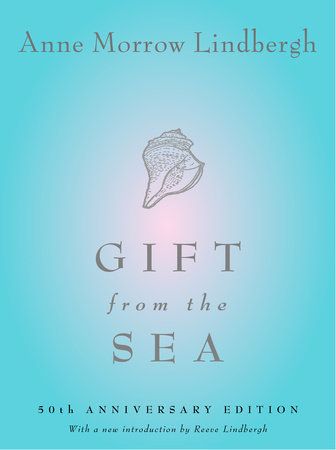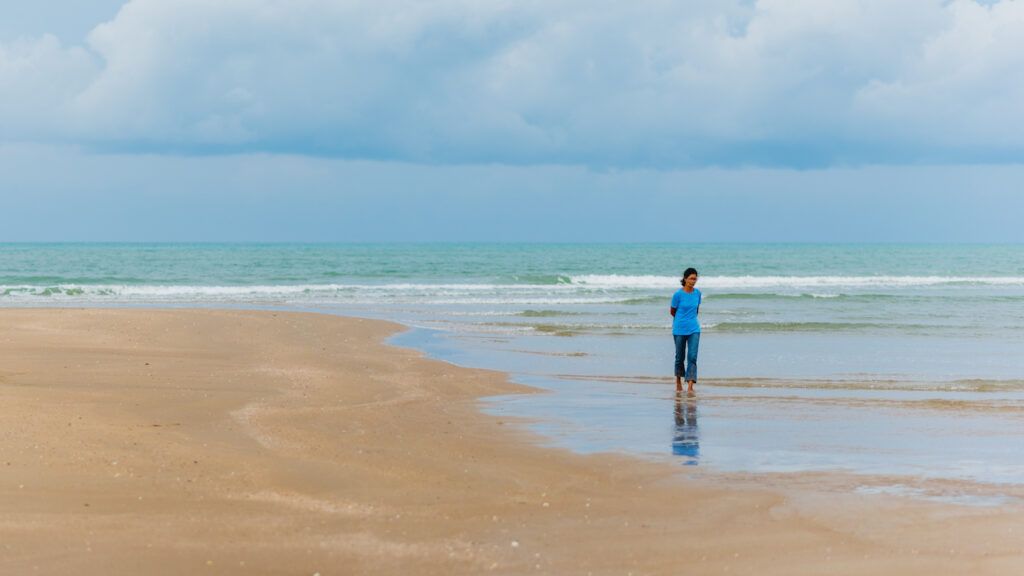I was in my early 20s when I first read Anne Morrow Lindbergh’s Gift from the Sea, and I was smitten by the depth and care with which she considered and meditated on the details of the shorelines she walked in summertime.
To Lindbergh, the beach is a site of contemplation—not a place to relax with a good book or other activity. Being by the sea was itself the ultimate activity to her—and if done with an open heart and mind, she saw it as an opportunity to ask the right questions of one’s life and maybe even discover some answers.
As she writes in the opening chapter, “Patience, patience, patience, is what the sea teaches. Patience and faith. One should lie empty, open, choiceless as a beach—waiting for a gift from the sea.”

This year, what stood out to me was her reflection on a type of octopus called “Argonauta,” or paper nautilus. These creatures are not attached to their shells, but the females create and then curl inside a shell while cradling their eggs, later releasing their young and moving on to create a new shell. The “dance” of these marvelous creatures, which float from home to home on the tides and ever-changing swirls of the open ocean, are the basis for Lindbergh to reflect on the journey we each take through our days and years. She writes:
“Perhaps this is the most important thing for me to take back from beach-living: simply the memory that each cycle of the tide is valid; each cycle of the wave is valid; each cycle of a relationship is valid. And my shells? I can sweep them all into my pocket. They are only there to remind me that the sea recedes and returns eternally.”
I’m not sure I quite understood—or felt—that passage in my younger years. But this summer, it felt like it was waiting for me when I plucked the book from my shelf. Like all positive books, this one is made to last a lifetime.






